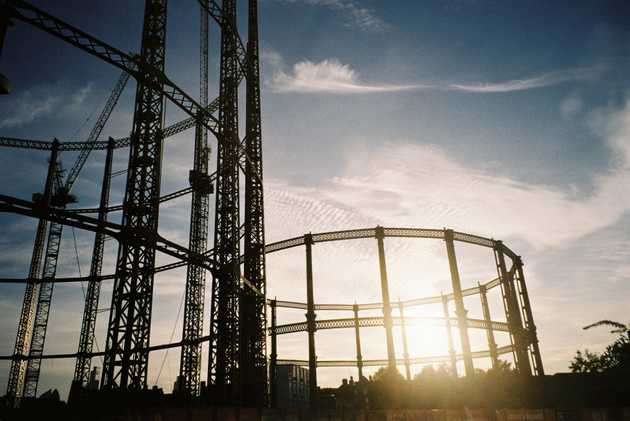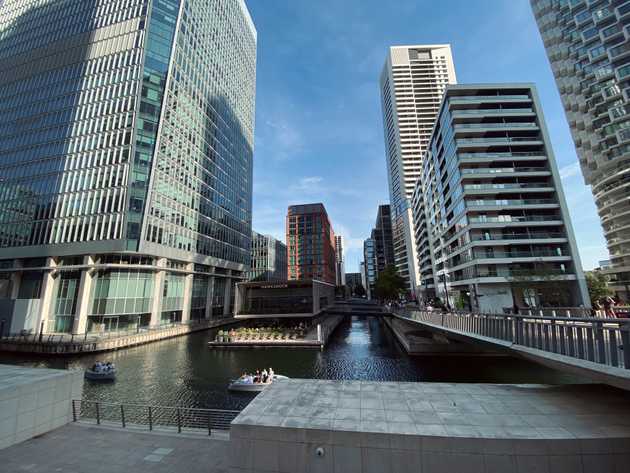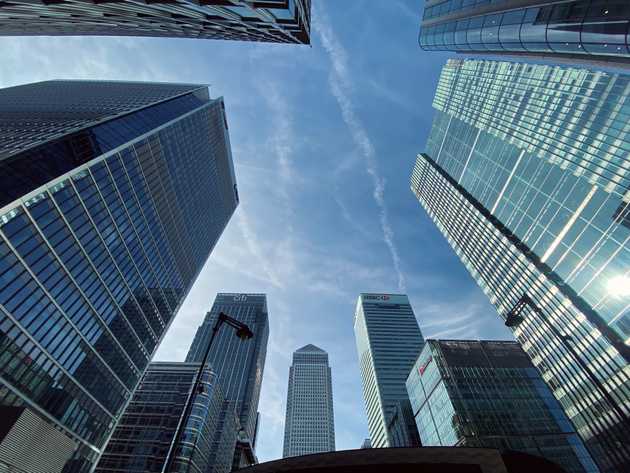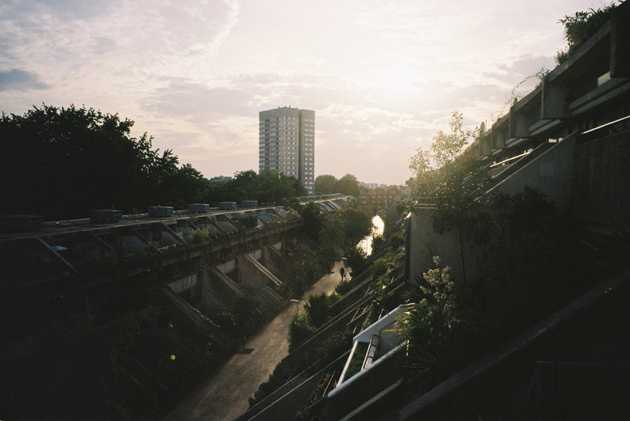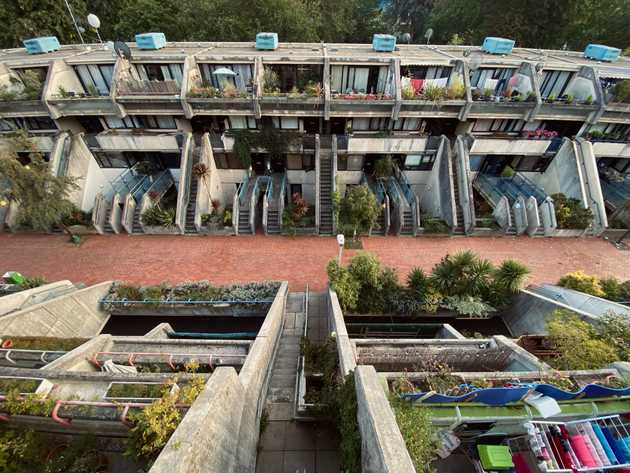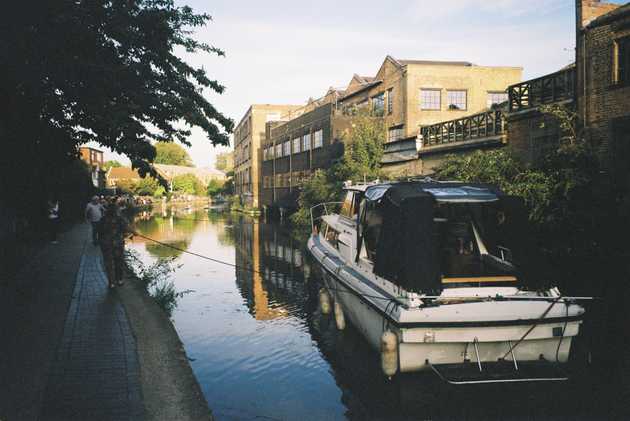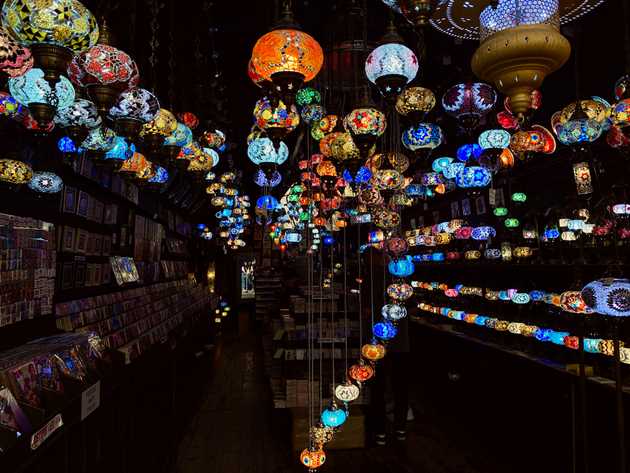Last year, I had the opportunity to travel to Europe for the first time. During my trip, I spent about a month exploring the continent and stayed in three different cities: Paris, Berlin, and London. Inspired by Paul Graham's Cities and Ambition, I consciously tried to jot down my first impressions of each city, trying to guess the unique message each one was trying to convey to me.
This third note is about London and also includes what initially made me want to travel to Europe.
I've also shared my preferred way of traveling and how you should interpret my opinions on these cities in my note about Paris and Berlin.
London: A prettier New York City with a greater emphasis on society.
Below is a log of my first impressions of London, along with some photos I took with Fuji C200, and iPhone.
London strikes me as a more picturesque version of New York City that cares more about society and less about technology and possibly money.
Very first impression: riding a London tube from Heathrow Airport to King Cross can be overwhelmingly humid and packed, especially on a rainy day.
I'm always "amazed" by how uncomfortable and inconvenient the London tube (and Paris Metro) can be. Yet, considering the Tube was founded in 1863, 161 years ago, I'm actually amazed by its enduring functionality.
What would be the optimal design for a modern subway system today? If we are designing metro stations and strains today, what features should they have?
It would be helpful to have visual displays on the platform indicating real-time train capacity information to optimize boarding distribution between cars. Installing modern digital displays inside the train should make the information system more versatile and user-friendly and enable the "injection" of capitalism, unlocking more dynamic advertisements and allowing the metro system to be self-sufficient.
Additionally, better integration with mobile phones, smarter climate control and better energy efficiency, easier-to-clean design, and more reasonable safety features are all crucial. That said, implementing these features might make the metro system less "charismatic", as I questioned what makes a city "cultural" in my Berlin note.
The architecture and streetscape of this city are charming in various ways, and I can imagine myself living here long-term just due to how pleasant walking in the city is.
The historical area near Hyde Park and Baker Street reminds me of Paris, with simplicity and uniformity creating harmony. Modern areas around Canary Wharf feel like skyscrapers from Hudson Yards integrated with small bridges to float on water. The blend of old and new building styles near the Thames's south and around Tate further increases the architectural diversity.
Alexandra & Ainsworth Estate is one of the most interesting social housing projects I've ever been to. Walking from there towards Hampstead, I can feel the transition of the building's style to be increasingly posh.
Walking along the canal near Victoria Park and Hackney feels absolutely magical during the golden hour.
Camden Town and Borough Market are delightful to wander around despite being a bit touristy. And yes, most of my random thoughts here are about walking because I walked around 40km in London (I should have just run a marathon).
Watching American football in a British bar surrounded by Americans was amusing.
Gucci Cosmos at 180 Studios feels like a teamLab's exhibition exclusively sponsored by Gucci with impressive space design and curation by Es Devlin.
Seeing a double-decker bus made me feel like I was in a Harry Potter movie for a moment.
London shares many similarities with New York City but seems to be less ambitious about changing the world and more about having a better personal life. It's cleaner, more historical, and aesthetically pleasing, yet I'm unsure if this is the optimal place for ambitious young people.
Thank you Anil, Carlton, Cathy, Peishu, Steven, Victor, and anyone whom I met in London or who has given me recommendations!
Why travel to Europe
In this final reflection on my journey to Europe, I also want to mention the initial spark of curiosity that led me to Europe: a tradition from a venture capital firm.
Benchmark, one of the most successful venture capital firms in history, has this unique tradition of hosting long dinners every Monday with its venture partners and guests. And there's one rule: no agenda.
An agenda-free, long dinner fosters a space for random and roving conversations, enabling a dynamic range of open-ended and wild explorations into people's most unexpected topics of interest. This tradition is built on the belief that curiosity is the essential lifeblood of a firm. And these dinners become the perfect way to nurture curiosity systematically.
My fascination with this concept motivated me to further explore the French (and other European) tradition of lengthy dinners.1 I'm curious about the cultural reasons behind the lengthy dinners and what I can learn from them, just like what I've learned from Benchmark's dinner tradition. And through my travels across Paris, Berlin, and London, I've begun to understand the appeal of such lengthy meals.
Soulful experiences usually require inefficiency because most meaningful and memorable moments are unstandardized and unproductive. Europe's longstanding relative prosperity has enabled a lifestyle that prioritizes soulful inquiry over mere survival. This lack of existential pressure in Europe (or, more precisely, Western Europe) allows room for inefficiency and people to seek for things that are unstandardized.2
Therefore, long dinners serve as a canvas for this exploration, allowing space for soulful engagement, shared complaints, and spirited debates on abstract ideas. They can go to a park and just chill for the whole day because they can afford the inefficiency.3 They can care about the environment for future generations because they are less worried about their own survival. To live a more meaningful life beyond just surviving, more advanced technology might not be a requirement.
The goal of exploring other cultures is always to understand myself better. My journey through European culture has confirmed that I still align more closely with American culture, specifically that of San Francisco or New York City. However, learning to appreciate things the way Europeans do has been valuable. If we have the chance to experience (or find ourselves stuck in) a three-hour dinner, we can learn to be present and enjoy those moments the way Europeans do. Sometimes, it's okay to slow down and not worry too much about productivity and efficiency.
-
^
Though Benchmark's tradition is actually stem from Benjamin Franklin's habits of having long dinners and going deep on finance, chemistry, life sciences and all kinds of topics, but you get the idea.
-
^
Similar to "Luxury is a necessity that begins where necessity ends."
-
^
This reminds me of Luxury is the symbol of the buyer's ability to afford items beyond practical necessities.
